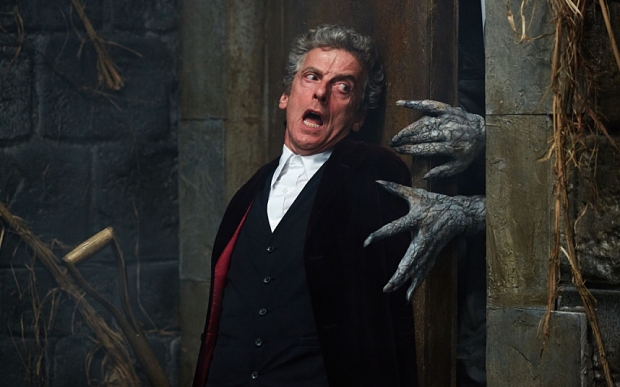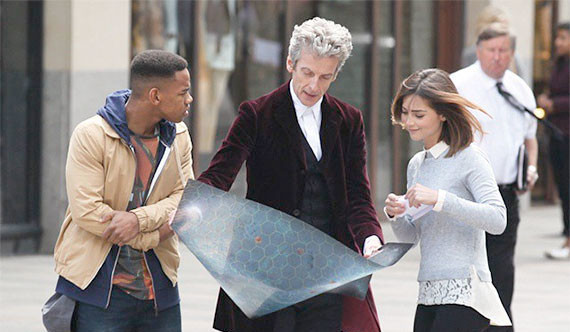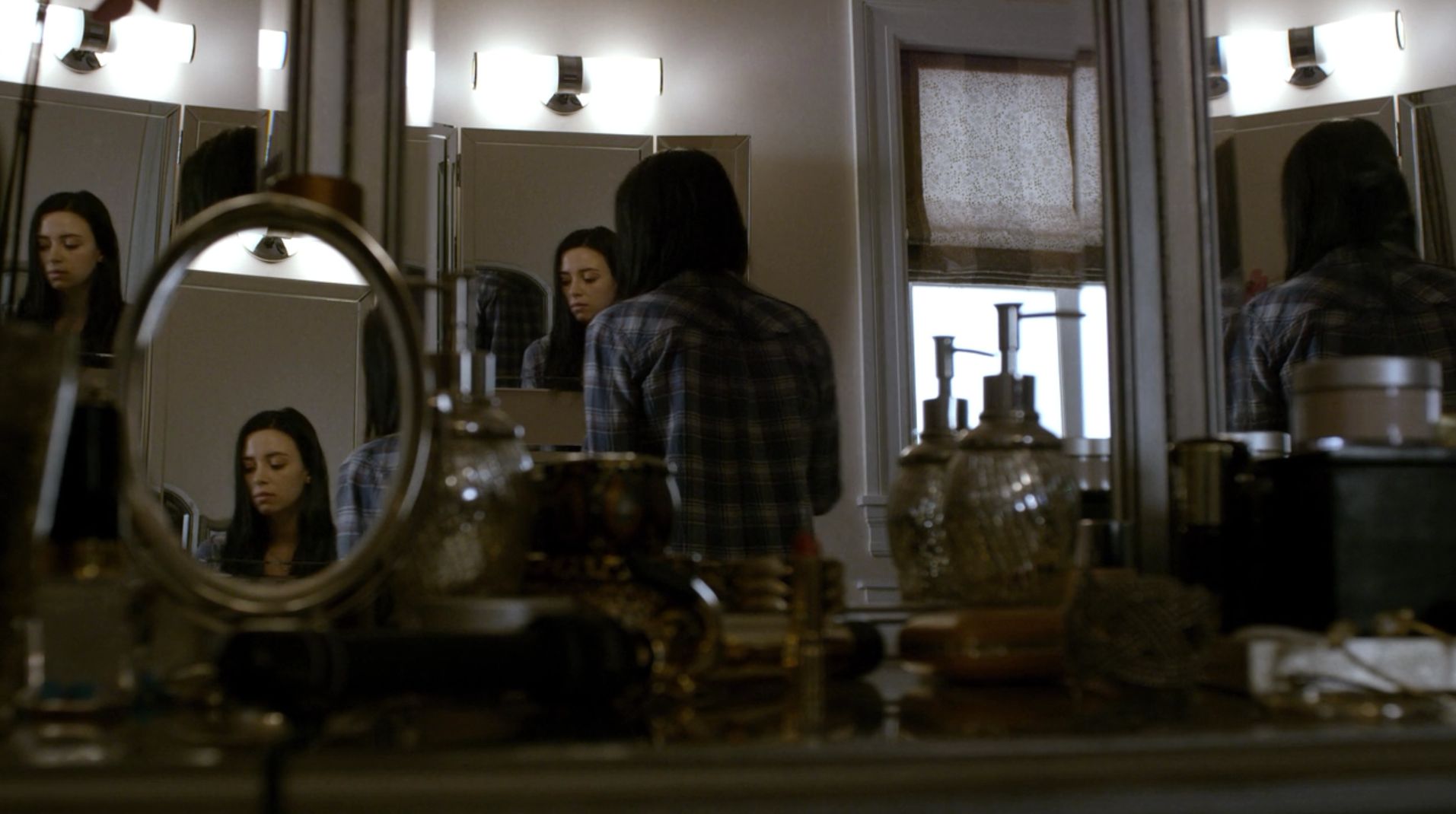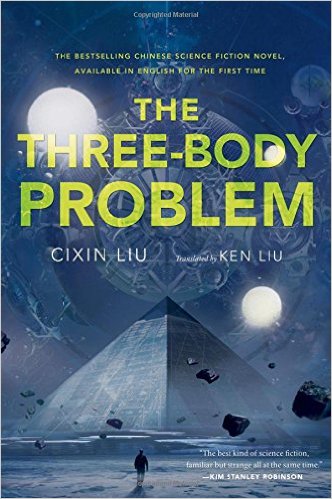Heaven Sent Review
 As I’ve said many a time, what I want out of Doctor Who is something I’ve never seen before. And so I’m not going to argue with anybody who puts this among their masterpieces. If you want to claim it as the equal of Listen or Blink then be my guest. For me, it’s a solid 9/10, and won’t be ahead of The Zygon Inversion in my rankings, so the result is that we’re going to start defensive and then move to the positive.
As I’ve said many a time, what I want out of Doctor Who is something I’ve never seen before. And so I’m not going to argue with anybody who puts this among their masterpieces. If you want to claim it as the equal of Listen or Blink then be my guest. For me, it’s a solid 9/10, and won’t be ahead of The Zygon Inversion in my rankings, so the result is that we’re going to start defensive and then move to the positive.
I suspect the crux of my disagreement with those who will put it higher is simply how much one values the basic idea of the “experimental” in Doctor Who. Which in some ways brings us back to Sleep No More, and in others back to In the Forest of the Night, two episodes that were distinctly experimental and also distinctly flawed. In both cases I value them considerably more than the consensus, and specifically for the odd things they did. And moreover, yes, obviously anyone who’s read any of my work on Doctor Who recognizes that I love its weird tradition, which has always been a huge part of the show, from The Edge of Destruction on. I’m definitely in the general camp of fandom that thinks The Mind Robber, The Deadly Assassin, Warrior’s Gate, and Vengeance on Varos are all cool just for being what they are.
But equally, the “experimental” field is crowded these days. At even the stingiest definition you’ve got to tag Listen, Last Christmas, Sleep No More, and Heaven Sent as experimental episodes in the last two years, and I’d be inclined to widen the net, and count bits of relatively non-experimental episodes like the Beethoven’s Fifth bits of Before the Flood and the two-hander first half of The Woman Who Lived, as well as much of In the Forest of the Night and the direct to camera bits of Kill the Moon. By and large this is why I’m loving the show so much right now. But it causes a small but distinct problem for something like Heaven Sent, which is that the fundamental limitations of how experimental Doctor Who can be really become visible when they’re run up against as often as they are these days. Doctor Who can do brilliantly experimental takes on all sorts of genres: western, Vikings, Restoration comedy, political thriller. But it can’t do an experimental take on experimentalism. That’s just not what it’s for.
This isn’t helped by the fact that the fundamental limitations of how experimental Moffat can be have long since become visible, and for the admirable reason that he keeps punching away at them with glorious stubbornness. This is, somewhat flagrantly, the basic concept of Time of the Doctor done as the show-off sequence in the middle of His Last Vow, with a middle finger emphatically raised at the entire “Moffat fetishizes the Doctor and this is a problem” crowd.
All of which is a very long way of saying that, slightly depressingly, this manages to be a hugely experimental one-hander that doesn’t actually do anything new aside from be a hugely experimental one-hander.…


 I’m joined this week by our very own Holy Boson to discuss Face the Raven and whatever else we got off talking about. Apologies for some early audio quality issues with my end; I had a mic problem that straightens out ten minutes or so in.
I’m joined this week by our very own Holy Boson to discuss Face the Raven and whatever else we got off talking about. Apologies for some early audio quality issues with my end; I had a mic problem that straightens out ten minutes or so in.  Join Jack (i.e. me) and my buddy, actor Elliot Chapman (Big Finish’s new Ben Jackson, and recent Pex Lives guest), for our very belated Hallowe’en Shabcast, in which we chat Dracula.
Join Jack (i.e. me) and my buddy, actor Elliot Chapman (Big Finish’s new Ben Jackson, and recent Pex Lives guest), for our very belated Hallowe’en Shabcast, in which we chat Dracula.  * trigger warnings: rape, child abuse, post-traumatic stress, suicide, controlling asshole fuckheads, and, you know, if you have triggers, they’re probably here, sorry *
* trigger warnings: rape, child abuse, post-traumatic stress, suicide, controlling asshole fuckheads, and, you know, if you have triggers, they’re probably here, sorry *
 From my forthcoming colleciton
From my forthcoming colleciton